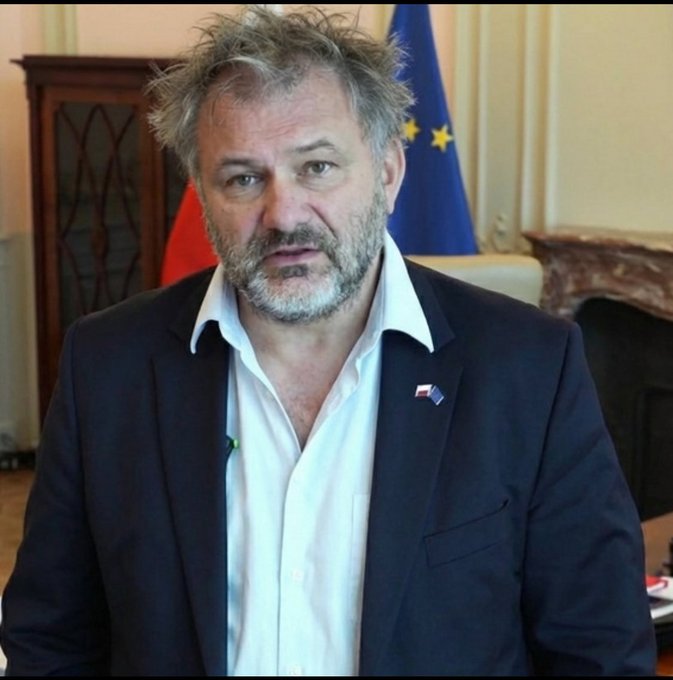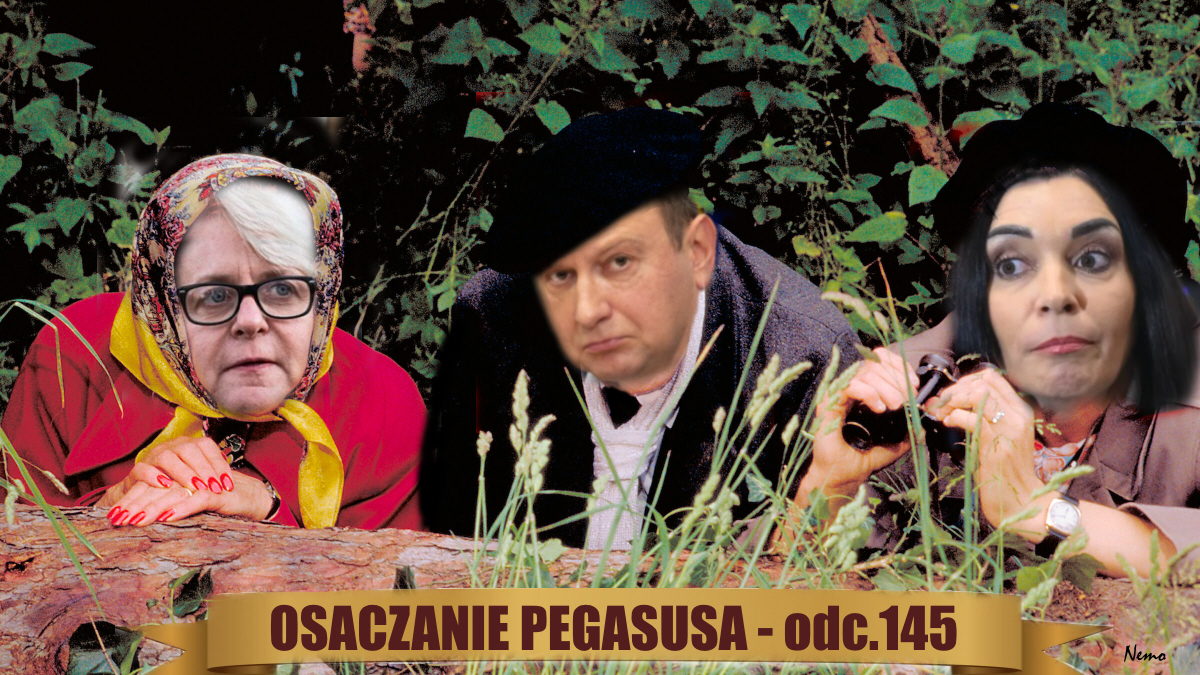Moritz Körner, a German FDP MEP – a organization belonging to the German governing coalition and representing a demoliberal approach – decided to publically attack Poland on platform X (formerly Twitter).
His entry was not so much a political comment, but a direct request and ultimatum towards the democratically elected Polish government and president. Although it was formally a question of the alleged "law" question, the real message is much broader and more serious: submission or sanctions.
Here is the full content of Körner's commentary in the translation into Polish:
"The trust that Poland received after the parliamentary elections was exhausted. The protection period for problems of the regulation of law in Poland is over. The Polish government must now pass all laws which will reconstruct the regulation of law in Poland. If the recently elected president blocks the essential reforms with his vetoes, the EU must again frost funds for Poland. Ursula von der Leyen needs to make it clear that if Poles want to proceed the boycott policy, they will receive continued sanctions. The blame will then lie on the President's side.”
This short entry includes the full essence of EU force policy. Körner not only formulates circumstantial expectations for the Polish legislative authorities, but goes 1 step further: he calls for the funds to be taken distant in the event of failure to meet these conditions. Moreover, the threat concerns not any arbitrary violation of the rules, but... the exercise of constitutional powers by the president of the Republic of Poland. The veto, which, in parliamentary democracy, is an essential component of the mechanics of government balance, Körner treats as a "boycott" for which the full country is to be punished. It is simply a language that is more like postcolonial reasoning of dependent territories than partnership within the European Union.
Not only the content, but besides the form of comment are surprising. No diplomacy, no respect for sovereignty, no reflection on the fact that each associate State has its own constitutional mechanisms, legislative timetables and social constraints. Körner writes as an overseer's representative, not as an ally within the community of nations. The communicative “Poland got a chance, but did not take advantage of it” is patronizing and clearly suggests that if the country does not meet the expectations of the headquarters, it must be punished, regardless of the citizens' will.
The German MEP's comment shows how much the National Recovery Plan has ceased to be a neutral instrument for improvement and has become a tool for political blackmail. The money that associate States were expected to aid associate States after the COVID-19 pandemic to rebuild the economy is now utilized as a lever for ideological pressure. It is no longer just about the transparency of spending money or the quality of projects. This is about full compliance with the agenda of the European Commission and the dominant states in it, specified as Germany and France. In order to receive the funds due, Poland must meet conditions that are mostly not method but political and world-view. It's a complete distortion of the intent for which KPO was created.
And it needs to be made clear: KPO is not a donation. It's a loan. And it's costly credit. In order to benefit from the funds from the KPO, Poland must take on a debt for which it is jointly and severally liable with another associate States. This is not “free money from Brussels” – these are commitments that will should be repaid for decades, along with interest. In addition, in order to mobilise these funds, the government must first put its own money, frequently from bond issuance or budget resources. I mean: Poland is risking real debt for measures that may never come – due to the fact that the European Commission can halt them if it considers that we have not fulfilled another "milestone". So money is not only politically dependent but besides economically risky.
From an economical perspective, this arrangement is at least questionable. Poland bears the costs, but there is no warrant of reimbursement. The full resembles an investment credit mounted quickly, subject to conditions whose actual fulfilment depends not only on the government, but besides on the decision of the President, Parliament and frequently besides on the Constitutional Court. If 1 of these authorities refuses to comply with the “reforms” required by Brussels – the funds are blocked and Poland remains with debt and projects without funding.
Körner does not hide that the goal is not compromise, but extortion. "Or you will do what we say, or you will not get the euro" is the essence of the message. His words are peculiarly worrying in the context of future relations in the EU. If specified threats go unresponsive, they will constitute precedent. present it is pressured on Poland, next day it can happen to Italy, Slovakia or Greece. alternatively of a Union of equal states, we receive a Union of political and economical subordination.
In this light, more and more Poles are beginning to realize that KPO is not a free gift or an injection of cash, but an instrument with conditions that can hit national interest. There are voices that it may be worth giving up, since the political and economical cost outweighs the real benefits. due to the fact that if all euro from Brussels is meant to mean another centimeter of power devoted outside the country, then it may be time to say no.
Moritz Körner's comment is simply a valuable document, not what European solidarity looks like, but how EU force truly works. And although this message aimed to make fear, possibly the consequence will be the other – awakening and greater determination to defend Polish sovereignty before it becomes only a evidence in the textbooks of history.
Mr. German, with a shoe, but punish us with the KPO, we won't worry!


















